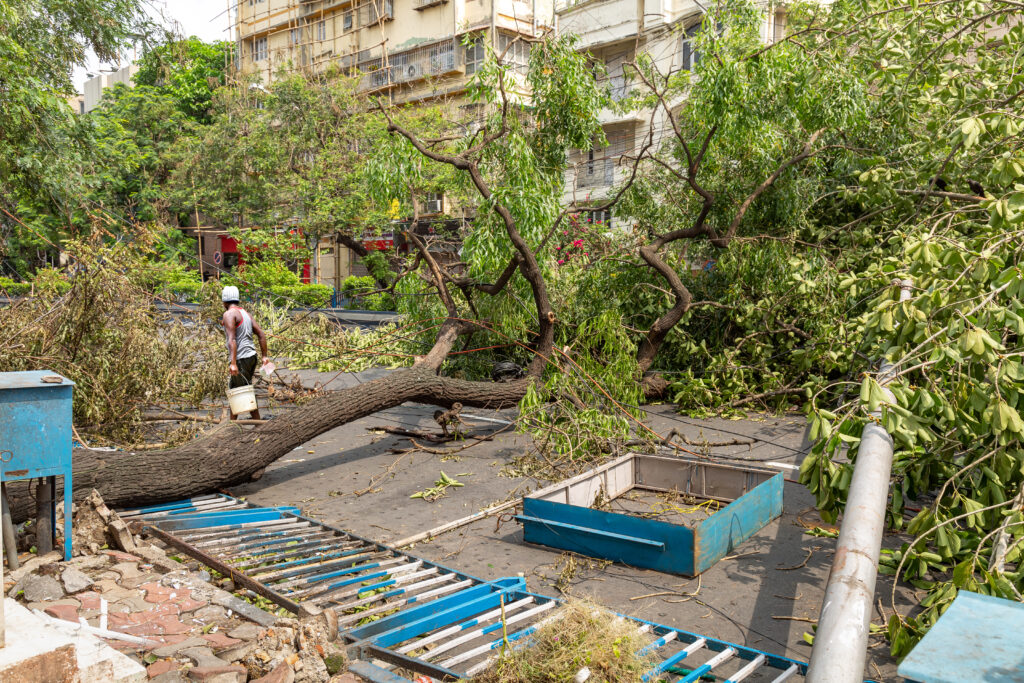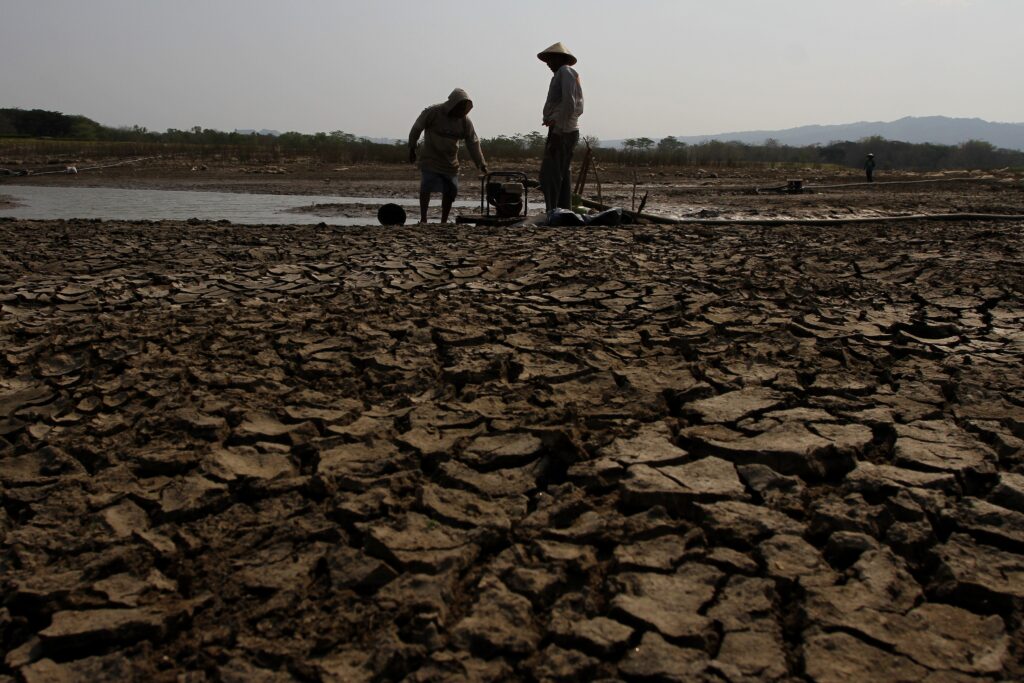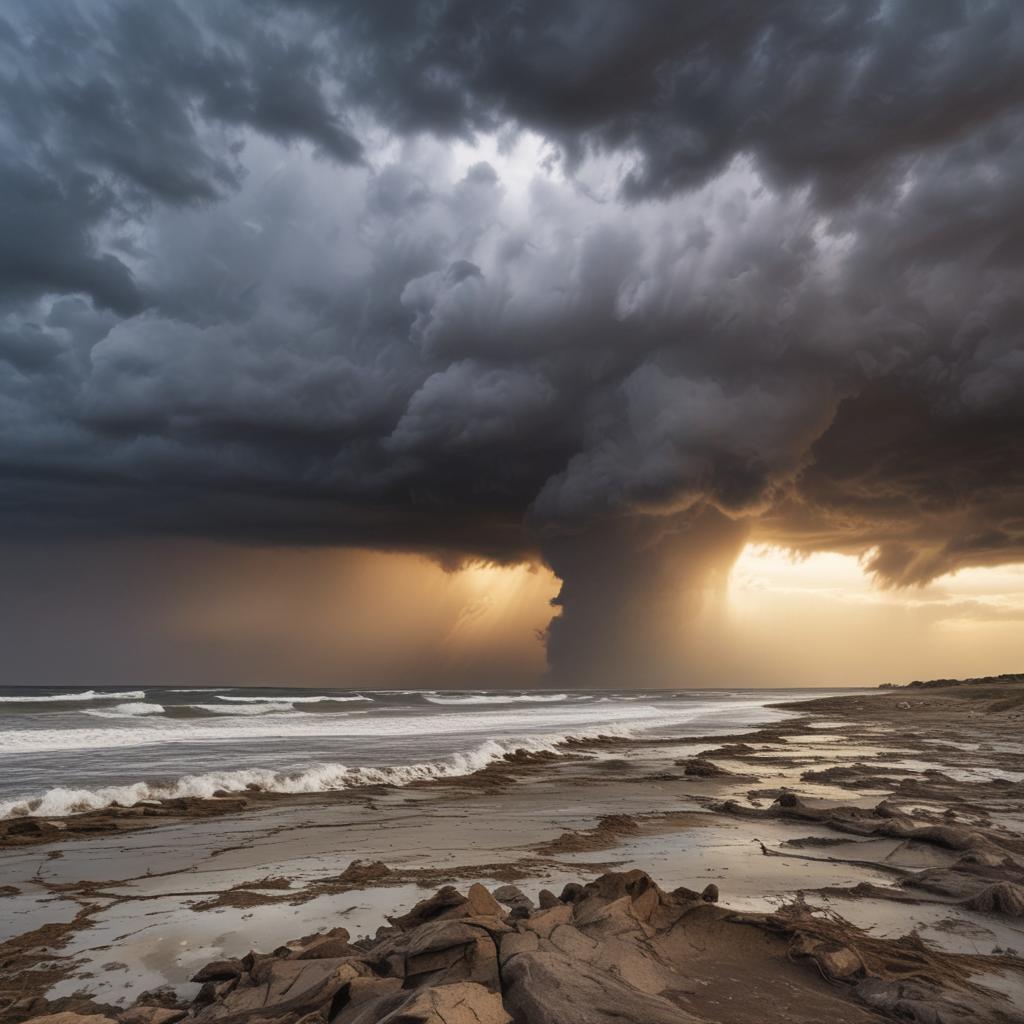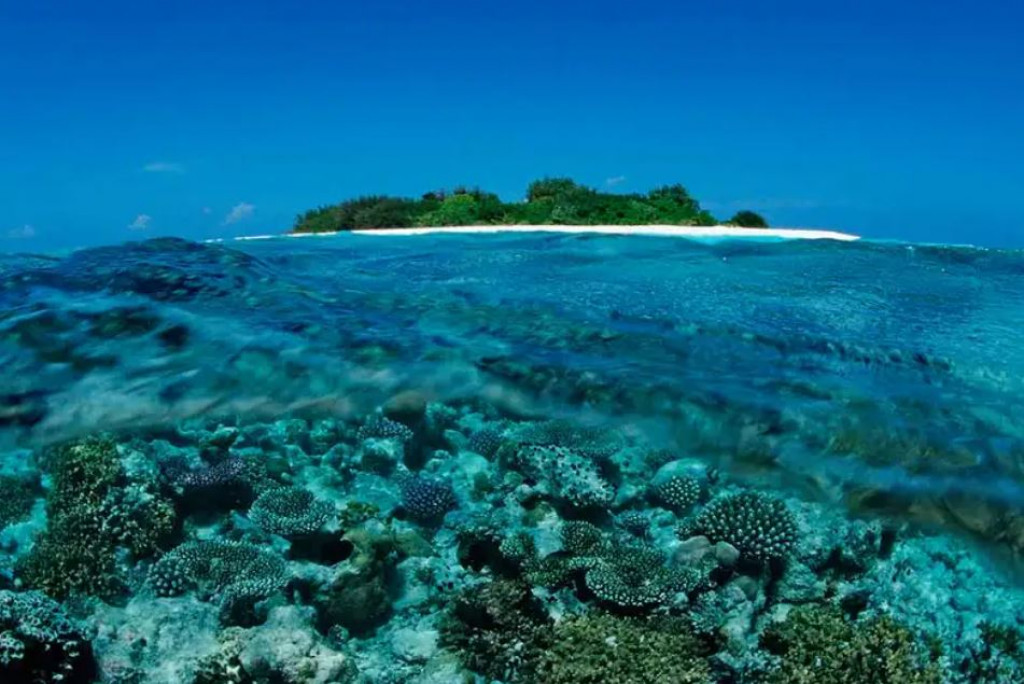Climate change is affecting Asia in various ways. It is fuelling prolonged heatwaves and extreme weather that are wreaking a heavy toll on Asia’s economies, ecosystems and societies, according to the World Meteorological Organization’s (WMO) latest State of the Climate in Asia report.
In 2024, the region experienced its hottest or second-hottest year on record, with the continent warming nearly twice as fast as the global average, the report revealed. Sea surface temperatures also reached all-time highs, corresponding with the worst marine heatwaves since records began.
Effects of Climate Change in Asia
WMO Secretary-General Celeste Saulo emphasised the significant repercussions for the region and billions of people living there. “From coastal cities to the high mountains, the consequences are clear,” she said in a report briefing. “Behind every number, there is a name, a home, a community disrupted or lost.”
She highlighted that rising ocean temperatures and marine heatwaves are harming ecosystems and economies, while heatwaves are harming health, energy supplies and education. Meanwhile, glacier loss is threatening future water supplies and contributing to disasters, and extreme rainfall and flooding are destroying and displacing communities. “And so the list goes on. And the poorest, as always, bear the greatest burden,” Professor Saulo said.
A Year of Deadly Climate Hazards and Extreme Weather Events
In 2024, Asia faced unprecedented challenges due to record land and sea temperatures and a series of extreme weather events. Central Asia experienced its worst flooding in over 70 years, driven by significant snowmelt and heavy rainfall. In India, more than 350 deaths were reported following extreme rainfall and major landslides in northern Kerala. Nepal experienced record-breaking rainfall that triggered severe floods in late September, claiming at least 246 lives. Meanwhile, drought conditions in China affected 4.8 million people and damaged 3,352 square km of crops.
Dr. Sreejith Op from India’s Meteorological Department (IMD) and one of the report’s lead authors, also highlighted the devastating impact of tropical cyclone Yagi, the strongest storm of the year, at the report’s launch event. The cyclone caused widespread damage and casualties across Vietnam, the Philippines, Myanmar and China.
The WMO also revealed that global sea-level rise reached a record high, with increases on the Pacific and Indian Ocean sides of Asia exceeding the global average. This trend poses increasing risks to the lives and livelihoods of coastal communities and presents an existential threat to the continent’s low-lying island nations.
Preparedness for Climate Resilience
Despite the significant loss of life and livelihoods in the region, Ben Churchill, the director of the WMO Regional Office for Asia and the South-West Pacific, highlighted that there are also stories of hope. Anticipatory action, such as early warnings and disaster preparedness, have softened impacts on vulnerable communities, helping ensure that no one is left behind as the climate crisis continues to evolve.
For example, Nepal’s record-breaking rainfall caused extensive damage across the nation, destroying houses, crops and infrastructure. Despite the severity of the event, a coordinated preparedness effort significantly reduced the casualties and accelerated the nation’s recovery. A reliable early warning system activated the anticipatory action protocol and disaster response already in place, followed by the prompt release of funds for reconstruction and relief efforts. This rapid coordination enabled support to more than 130,000 affected people in Nepal’s flood-prone areas.
“Every year, climate extremes are breaking their own record,” said Mr. Jothi Ganesh Shanmuga Sundaram from the World Food Programme (WFP). “Through early warning system initiatives and anticipatory action, we are saving lives.”
Every Fraction of a Degree Matters
Dr. Sreejith Op emphasised the urgent need for mitigation efforts in the face of the continent’s worsening disasters. Without action, the IPCC’s current trajectory could see Asia experiencing 4°C above pre-industrial levels by the end of the century, he highlighted. “Every action, every fraction of a degree of warming matters.”
This growing threat also underscores the urgent need for enhanced early warning systems and climate adaptation strategies in this increasingly vulnerable region. Dr. Ayman Salem Ghulam, president of WMO Regional Association II (Asia), highlighted the importance of Asia in global socioeconomic and environmental systems, noting its remarkable diversity that includes mountains, deserts, megacities, island nations, and vast agricultural landscapes. He stated, “With such diversity, the challenges we face are immense, but so too is our shared capacity for resilience, innovation, and collaboration.”
The purpose of the report is not just to inform, but also to inspire action, he said, calling for stronger early warning systems and greater investments in adaptation and enhanced regional collaboration. “We must also ensure that modern science guides decision making at every level,” he stated.
Professor Saulo echoed this urgency and importance of preparedness and collaboration. She noted that the report should serve as a catalyst for action, demonstrating that when proactive measures are in place, lives are saved. “Science is not just data. It is protection, it is dignity, it is hope, and the time to act together is now.”
Evelyn Smail
Writer, United Kingdom
Evelyn is a freelance writer and journalist specialising in climate science and policy, the just energy transition and the human impacts of climate change. She writes for independent publications, NGOs and environmental organisations. Evelyn has a background in sustainable development, climate justice and human rights.
Evelyn is a freelance writer and journalist specialising in climate science and policy, the just energy transition and the human impacts of climate change. She writes for independent publications, NGOs and environmental organisations. Evelyn has a background in sustainable development, climate justice and human rights.

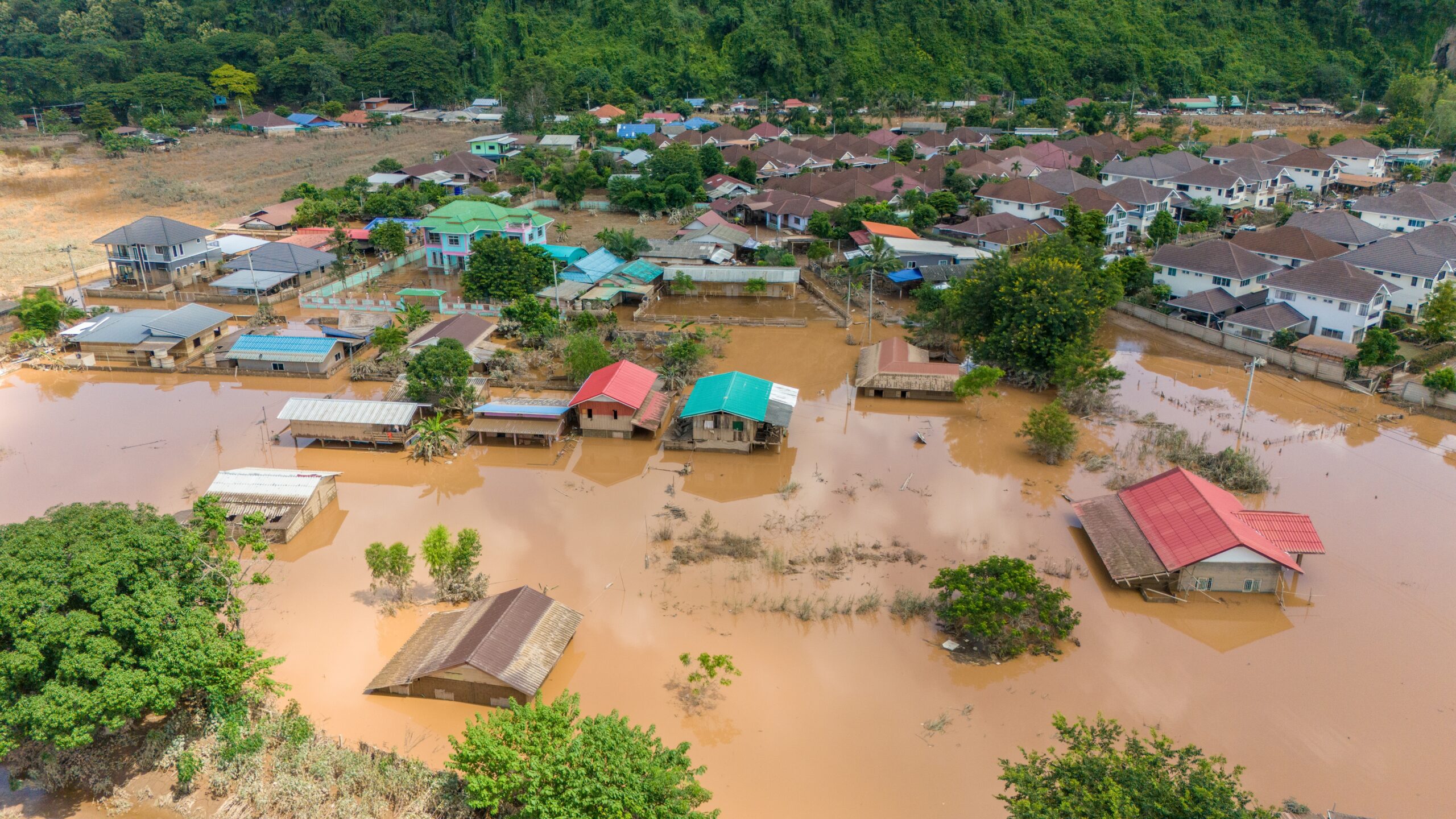
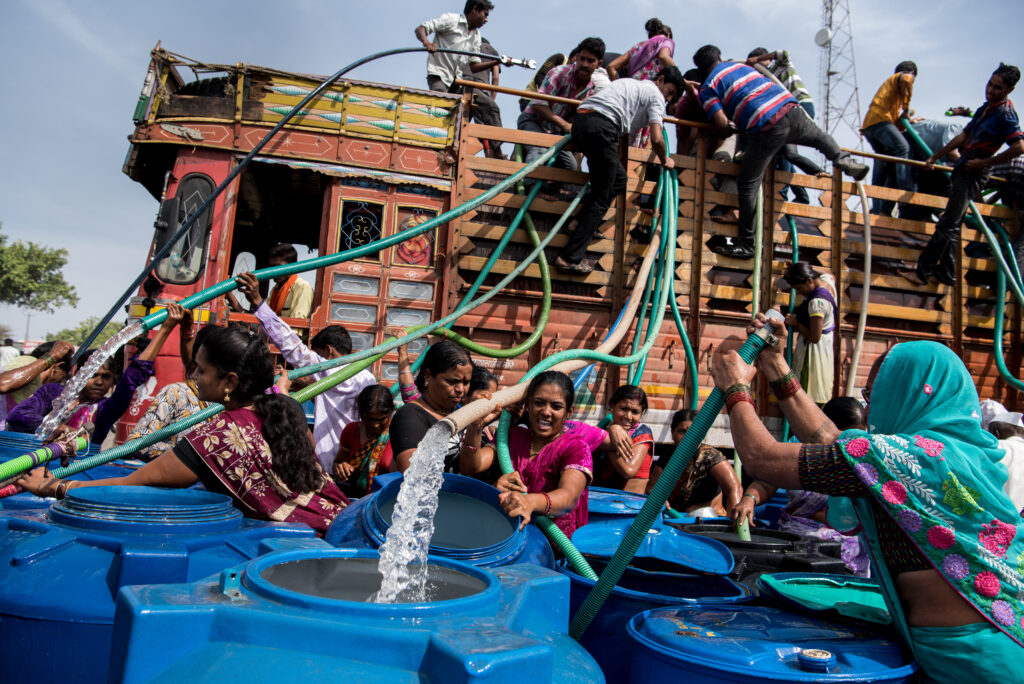
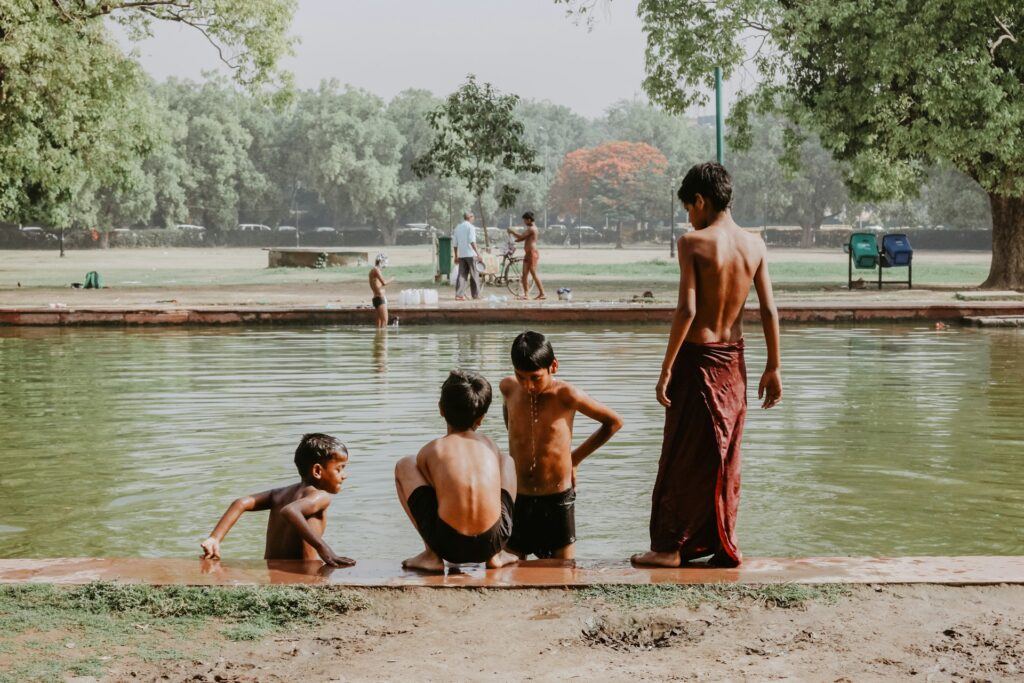

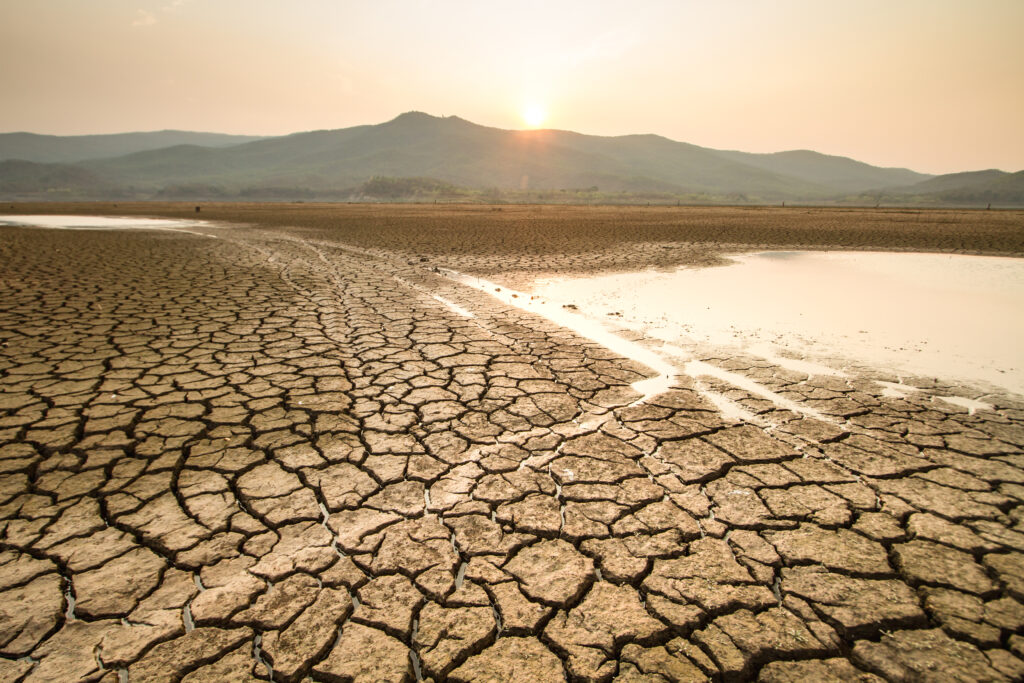
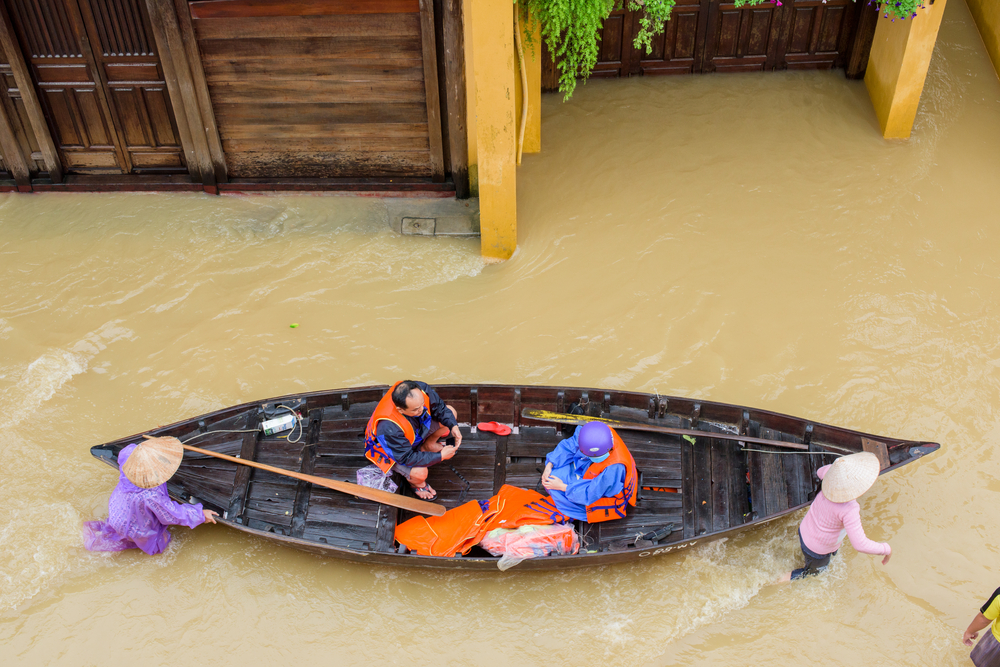
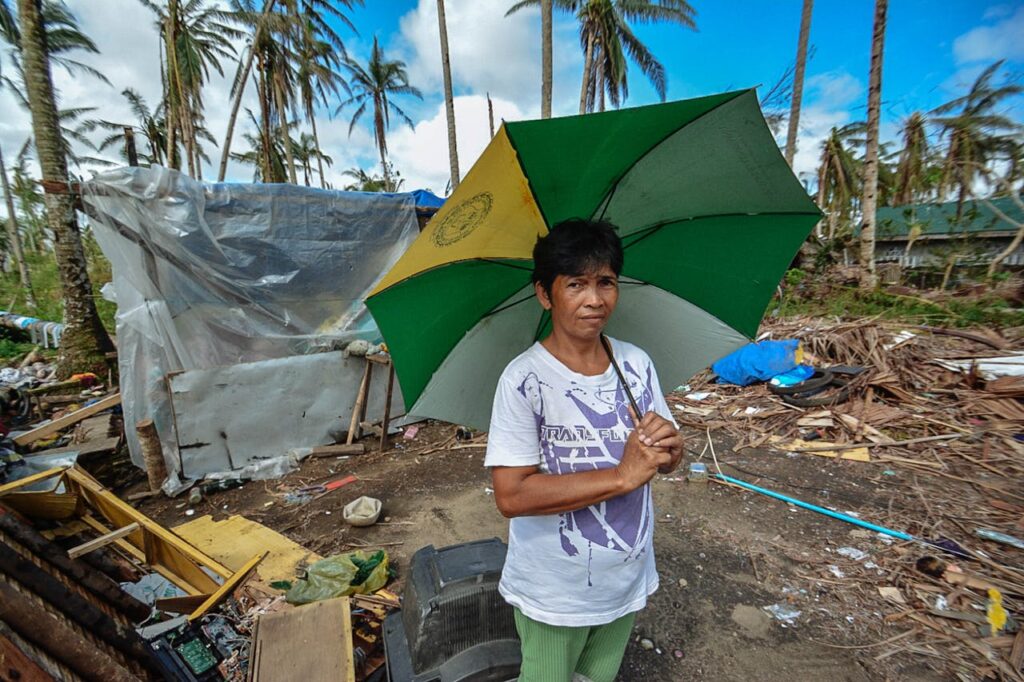
![Droughts and Water Scarcity: Asia’s Water Crisis [Part Two]](https://www.climateimpactstracker.com/wp-content/uploads/2025/10/shutterstock_2602524629-1024x683.jpg)
